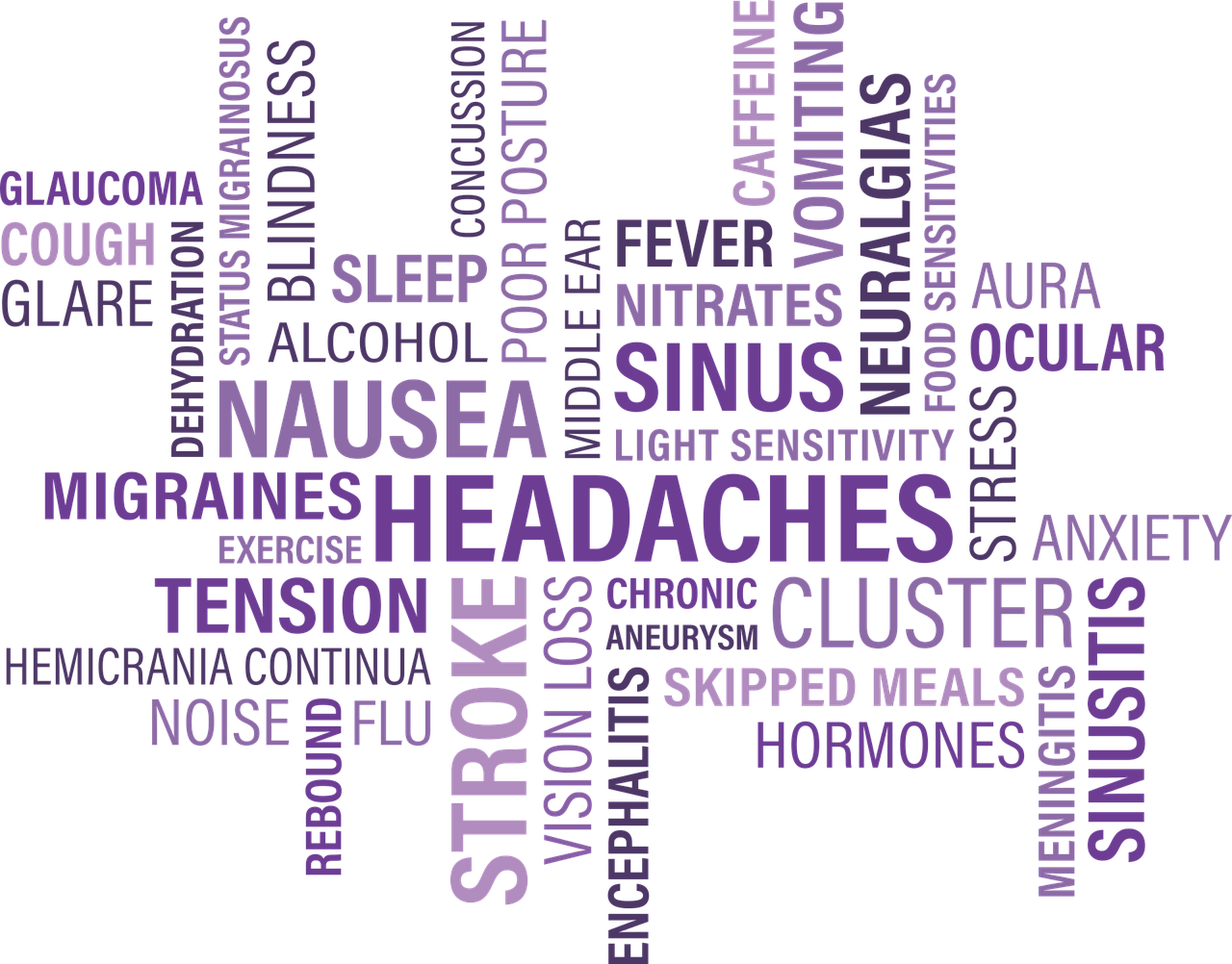Are Bioidentical Hormones Safe? In 2009 Kent Holtorf, MD published a paper in Postgraduate Medicine to answer the question are bioidentical hormones safe...

Are Bioidentical Hormones Safe? In 2009 Kent Holtorf, MD published a paper in Postgraduate Medicine to answer the question are bioidentical hormones safe...